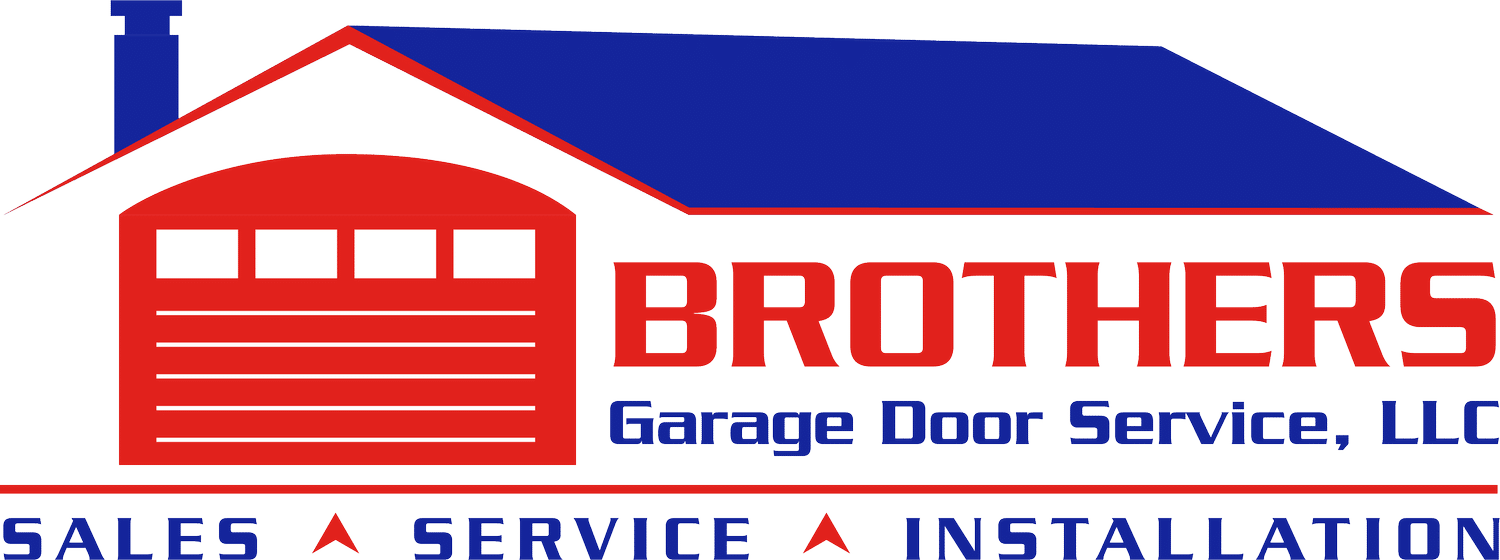Garage door sensors play a vital role in ensuring the safe and efficient operation of your garage door. When these sensors malfunction, it can lead to inconvenience and potential safety hazards. Understanding how to troubleshoot and resolve common sensor issues can save you time and money while ensuring the security of your property. In this comprehensive guide, we’ll explore effective troubleshooting methods and DIY solutions for resolving garage door sensor problems.
Understanding Garage Door Sensors
Garage door sensors, typically positioned near the bottom of the door tracks, work in pairs to detect obstructions and prevent the garage door from closing on objects or people. They utilize infrared technology to communicate with each other, sending a signal to the garage door opener to halt operation if an object interrupts the signal. This safety mechanism prevents accidents and property damage.
Common Issues with Garage Door Sensors
Sensor Misalignment
One of the most prevalent issues with garage door sensors is misalignment. This occurs when the sensors lose their proper positioning, causing the door to malfunction or not close entirely. Misalignment can occur due to accidental bumps, vibrations, or improper installation.
Sensor Obstruction
Sensor obstruction is another common problem that affects the smooth functioning of garage doors. Dirt, dust, spider webs, or other debris can block the sensor’s lens, hindering the proper transmission of the infrared signal.
Tools Required for Troubleshooting
Before delving into troubleshooting procedures, it’s essential to gather the necessary tools for the task. A few basic tools such as a soft cloth, a level, a tape measure, and a screwdriver will be indispensable in identifying and resolving sensor issues effectively.
Step 1: Visual Inspection of Sensors
The first step in troubleshooting garage door sensor problems involves a visual inspection of the sensors. Check for any physical damage, misalignment, or obstructions that might hinder their functionality.
Step 2: Checking Sensor Alignment
If misalignment is detected, carefully adjust the sensors to ensure they face each other directly. Use a level to ensure accurate alignment, allowing the infrared signal to transmit seamlessly between the sensors.
Step 3: Cleaning the Sensors
For sensors obstructed by debris, gently clean the lenses using a soft cloth. Removing dirt and grime from the sensors can restore their proper functionality, enhancing their ability to detect obstacles accurately.
Step 4: Testing Sensor Responsiveness
After cleaning and aligning the sensors, test their responsiveness by closing and opening the garage door. Observe if the door operates smoothly without any interruptions. If the issue persists, proceed to the next troubleshooting step.
Step 5: Adjusting Sensor Settings
Some garage door openers come with sensitivity adjustment settings. Use the manufacturer’s manual to locate and modify these settings, ensuring optimal sensor performance based on environmental conditions and door specifications.

Advanced Troubleshooting Techniques
Checking Wiring Connections
In more complex cases, faulty wiring connections might contribute to sensor issues. Inspect the wiring connections to ensure they are secure and undamaged.
Testing the Sensor Circuit
Using a multimeter, test the sensor circuit to identify any electrical irregularities, such as fluctuations or inconsistencies in the voltage, which could indicate underlying problems that may necessitate professional garage door repair.
DIY Fixes for Sensor Problems
Adjusting the Sensor Range
Some sensors offer the flexibility to adjust their detection range. Experiment with the sensor range settings to find the optimal configuration that minimizes false positives while maintaining adequate safety measures.
Replacing Damaged Sensors
If the sensors are irreparably damaged, consider replacing them with compatible models that meet the manufacturer’s specifications. Always choose high-quality sensors to ensure the long-term reliability of your garage door system.
When to Call for Professional Help
While many sensor issues can be resolved through DIY troubleshooting, certain complex problems, such as garage door repair, may require the expertise of professional technicians. If you encounter persistent issues or feel unsure about handling intricate repairs, it’s advisable to seek professional assistance to avoid exacerbating the problem.
Preventive Maintenance Tips
To prolong the lifespan of your garage door sensors and prevent future issues, follow these preventive maintenance tips:
- Regularly clean the sensor lenses to prevent obstruction.
- Inspect the sensor alignment periodically and readjust if necessary.
- Conduct routine checks on the wiring connections to ensure their integrity.
Conclusion
Maintaining properly functioning garage door sensors is crucial for the safety and convenience of your household. By understanding the common issues and following the appropriate troubleshooting techniques outlined in this guide, you can effectively diagnose and resolve sensor problems provided by Brothers Garage Door Service, LLC. ensuring the smooth operation of your garage door and enhancing the security of your property. If you need garage door repair service in Livonia, MI contact us now today!
FAQs
- How often should I clean my garage door sensors?
Regularly cleaning your garage door sensors every three to six months can prevent potential issues caused by dirt or debris buildup. - Can I realign the sensors without professional assistance?
Yes, minor sensor misalignments can typically be corrected without professional assistance by following the proper alignment procedures outlined in the manual. - What are the common signs of faulty garage door sensors?
Common signs include the garage door not closing entirely, random reversals during closing, or the absence of the expected response from the sensor. - Are all garage door sensors universal?
While some garage door sensors share compatibility, it’s essential to choose sensors that are compatible with your specific garage door opener model to ensure seamless integration and functionality. - How can I ensure the long-term reliability of my garage door sensors?
Regular maintenance, timely garage door repair, and adherence to the manufacturer’s guidelines for usage and care can contribute significantly to the long-term reliability of your garage door sensors.
